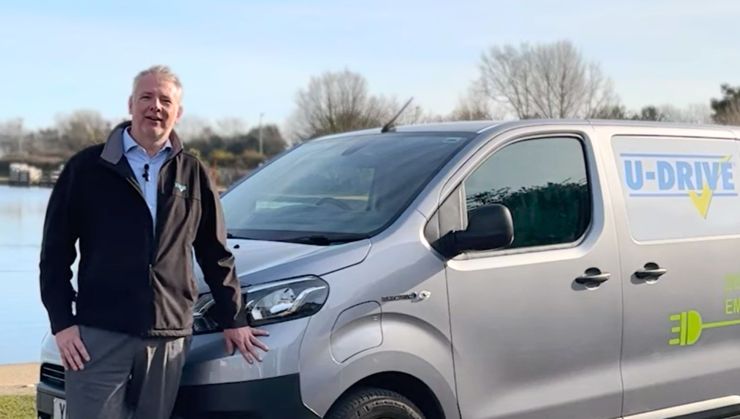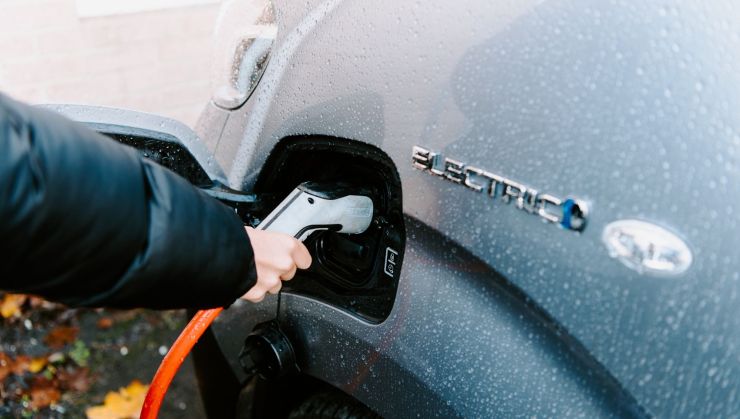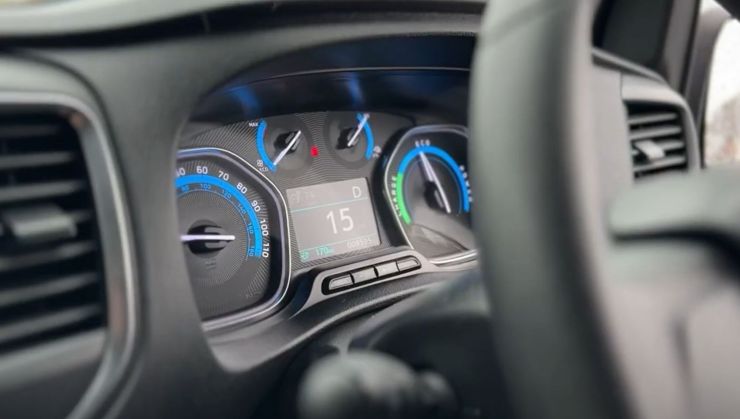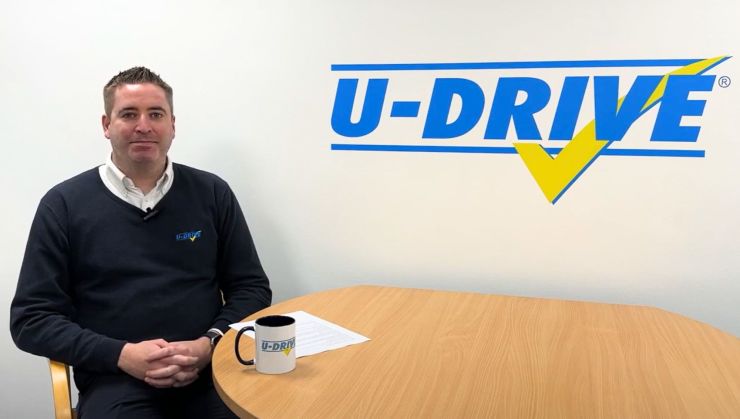- Home
- EV Knowledge Hub

Welcome To The U-Drive EV Knowledge Hub
The transition to electric vehicles can be a challenge for any business, but we are here to help. Please see below our library of helpful information and videos about EVs to get you started.
For a specialist consultation on how you can bring more EVs into your business, please call our team on 0800 980 9966.
Watch Our EV Videos

With so much misinformation about electric vehicles online, we have put together our 2024 EV myth busting blog so you know the correct information about EVs.
EV FAQs
The time it takes to charge an EV varies depending on the type of charger used and the EV's battery capacity. Generally, charging times can range from as little as 30 minutes with fast chargers (rapid chargers) to several hours with standard home chargers. The specific charging time can also be influenced by factors such as the EV model and its current battery level. When you hire an EV from us, you will be provided with an EV charging guide to give you an estimate of the charging times you should expect. It should be noted that it is not recommended to use rapid chargers regularly as this can damage the health of your battery. Instead, try to charge your EV over a longer period, such as overnight. For a full guide on charging times, check out our blog, how long does it take to charge an electric vehicle.
To find out how to charge your EV, watch our guide here.
The cost of charging an EV depends on several factors including the electricity rate in your area, the EV's battery size, and the type of charger used. On average, charging an EV at home can cost significantly less than refuelling a traditional ICE vehicle. Many EV drivers find that their charging costs are lower than the equivalent cost of petrol or diesel. For rapid charging, you can expect to pay slightly more for the increased electricity supply. Find out more on our how much does it cost to run and charge an electric vehicle blog.
To find out how to charge your EV, watch our guide here.
Each year we are seeing the range of EVs improving, with some vans offering up to an impressive 200 miles on a single charge. However, it’s important to note that driving range can vary based on driving conditions, weather, and payload. Find out more on our blog, electric vehicle range - what to expect. To find the right electric van for your business call us on 0800 980 9966.
Learn how to maximise the range of your EV here.
Driving an EV can significantly reduce greenhouse gas emissions compared to ICE vehicles. EVs produce zero tailpipe emissions, meaning they don't emit harmful pollutants like carbon dioxide, nitrogen oxides, and particulate matter. Additionally, as renewable energy sources such as solar and wind power become more prevalent, the environmental benefits of EVs increase even further.
To find out more about the benefits of driving an EV, watch our video here.
Yes, most EVs are compliant with Ultra Low Emission Zones (ULEZ) regulations. Since EVs produce zero tailpipe emissions, they meet the strictest emission standards and are typically exempt from ULEZ charges in cities that have implemented such zones. However, it's essential to check local regulations and exemptions to ensure compliance.
Check the latest compliance here: Drive in a clean air zone - GOV.UK (www.gov.uk)
Looking To Transition Your Fleet To EV?
Are you looking to transition your fleet to electric but don't know where to start, or need some guidance throughout the process? Our EV Consultancy service can support you at every step, from a free consultation offering advice on all things EV, to analysing your current fleet usage, site surveys and even tailor-made training for you and your team to help your business transition to EV seamlessly. Find out more today!
Legal Information
Privacy Policy
Recruitment Data Privacy
Cookie Policy
Modern Slavery Policy
© U-Drive Limited 2025
Registered Office: U-Drive Limited, 48-56 Old Wareham Road, Parkstone, Poole, Dorset, BH12 4QR. Registered in England No 3183986




